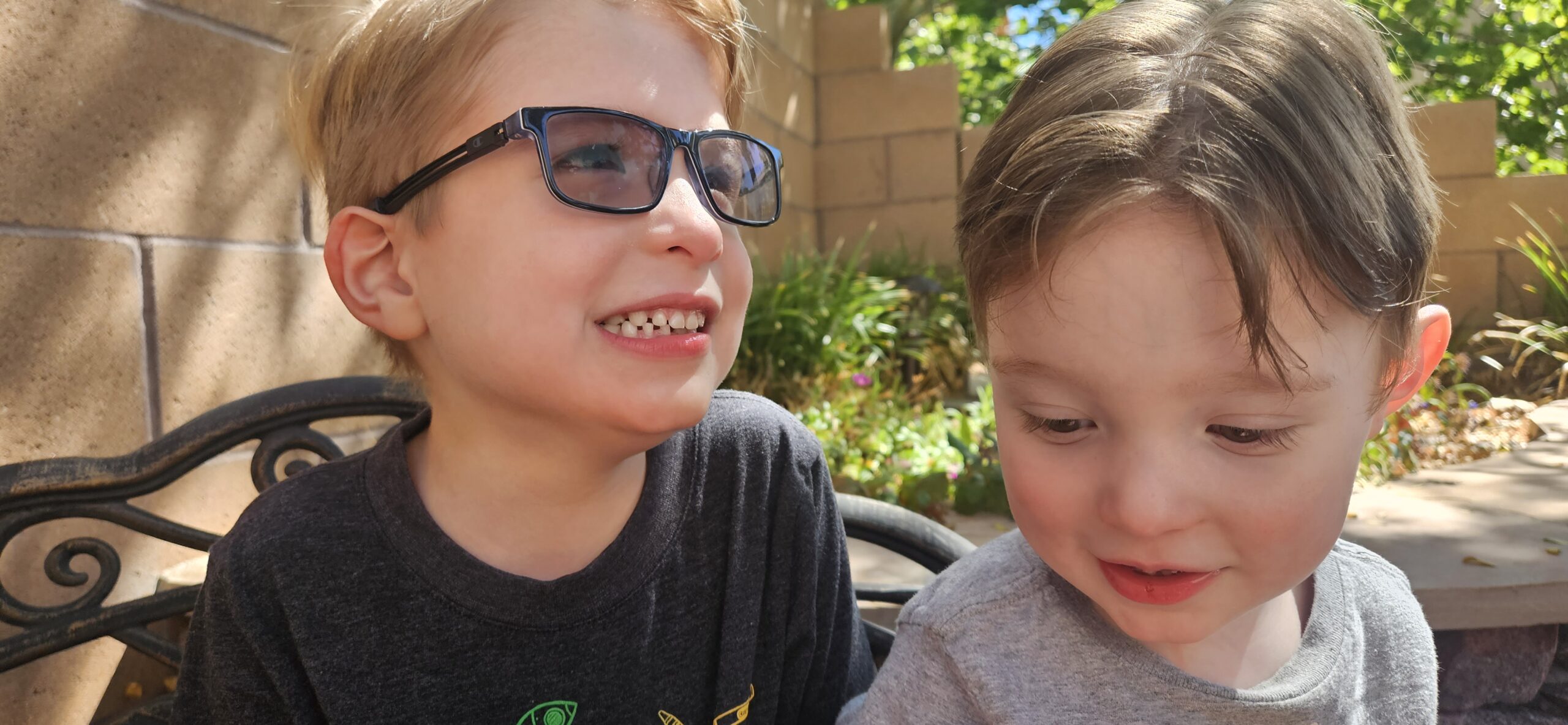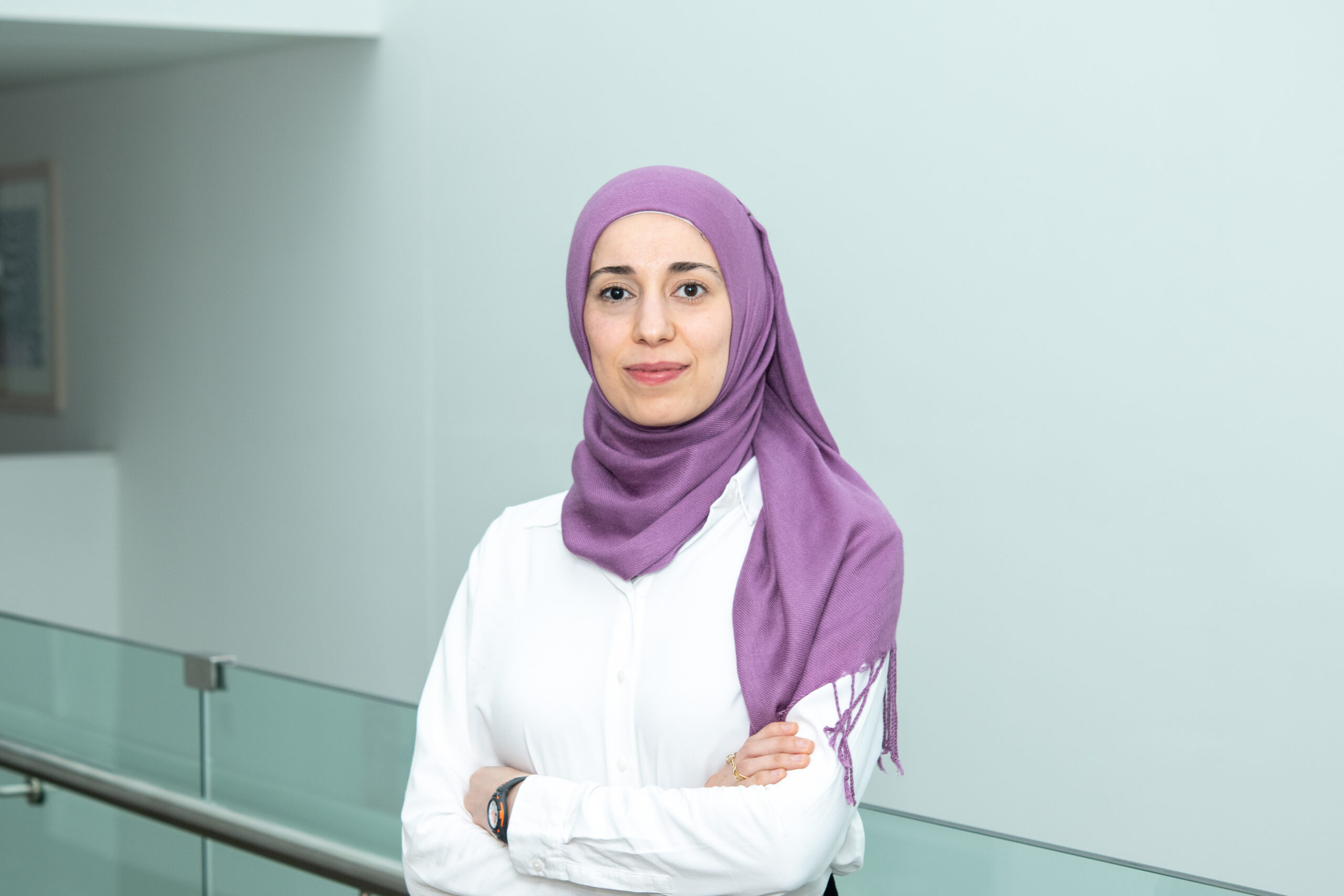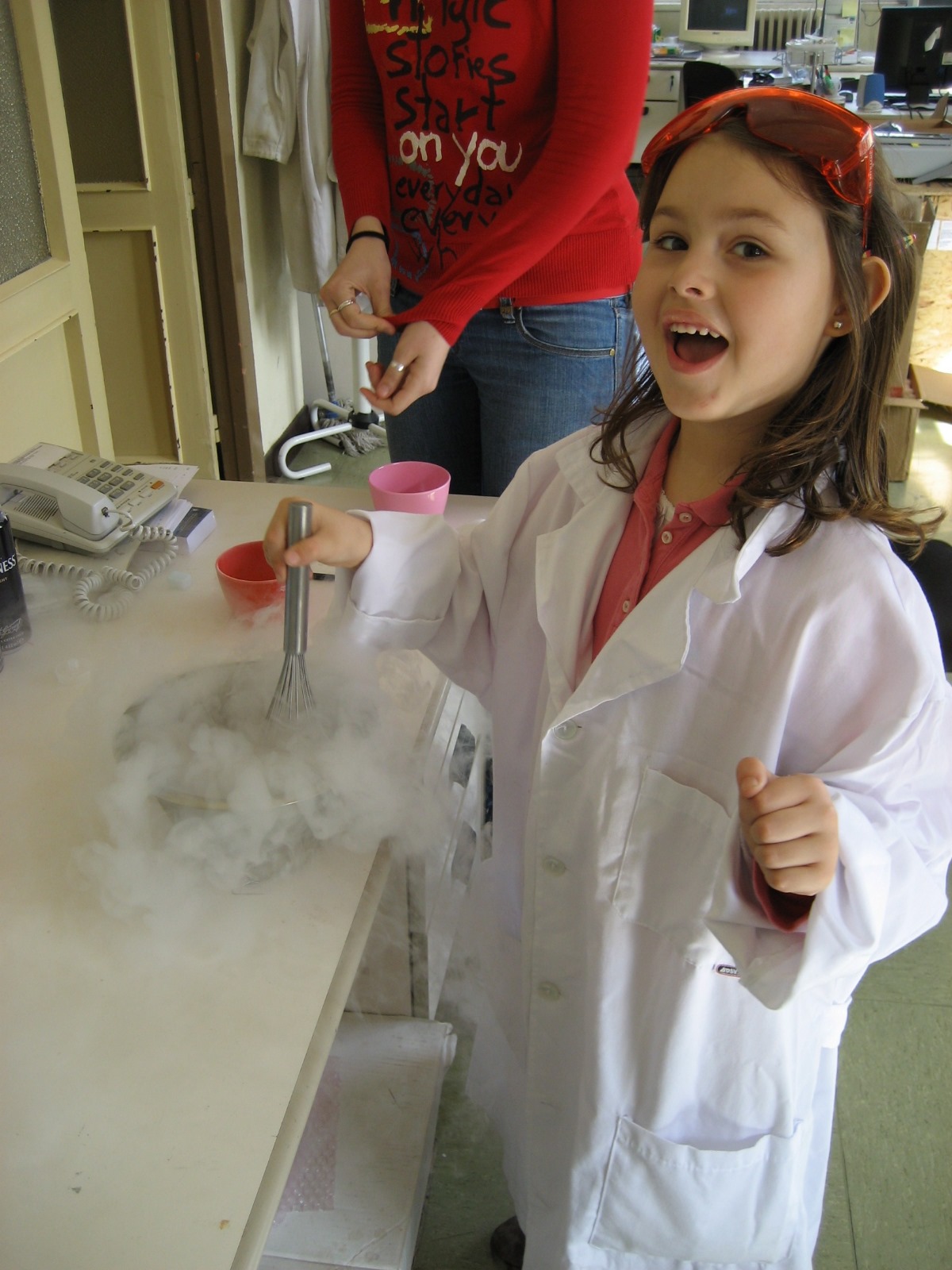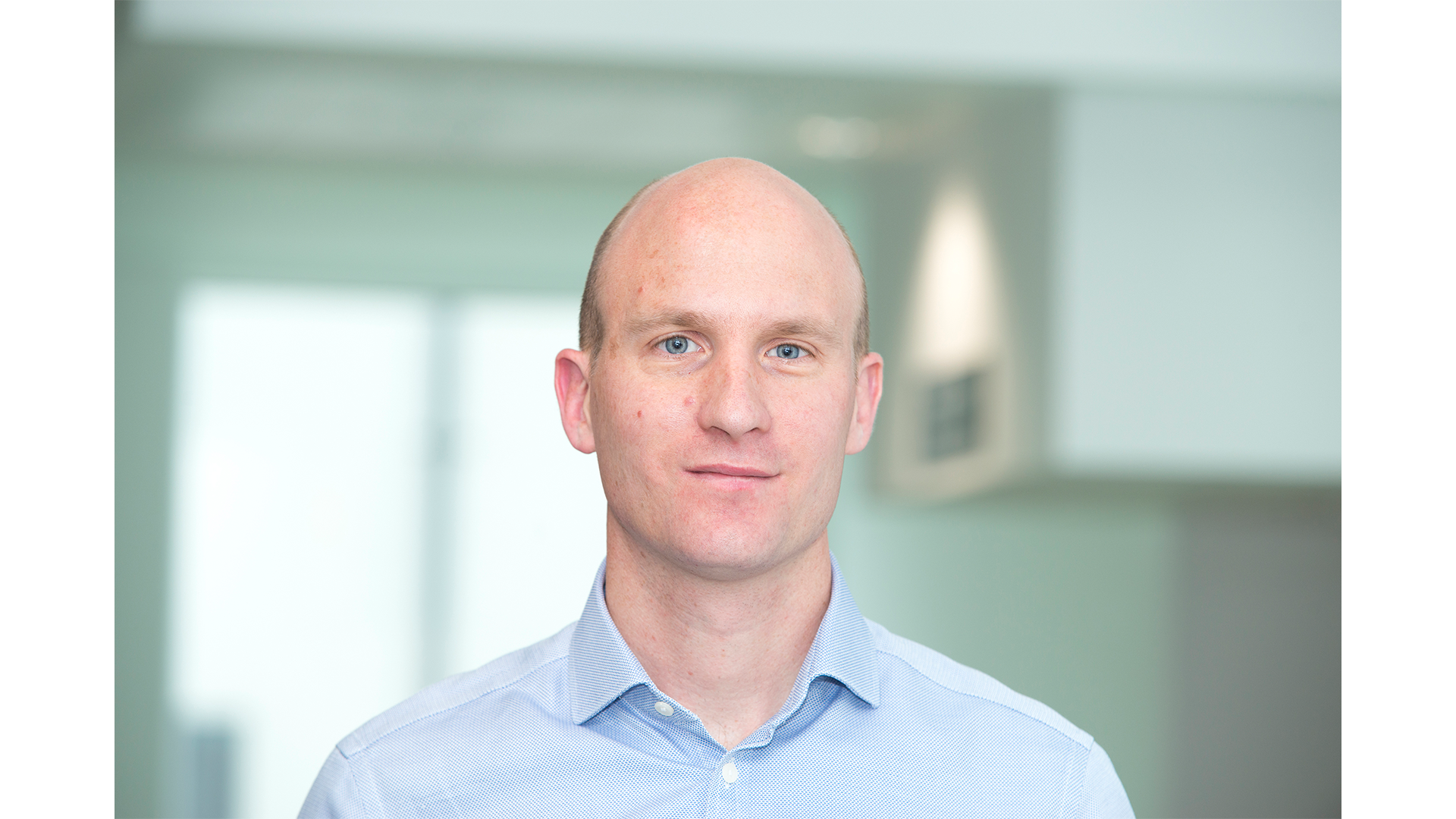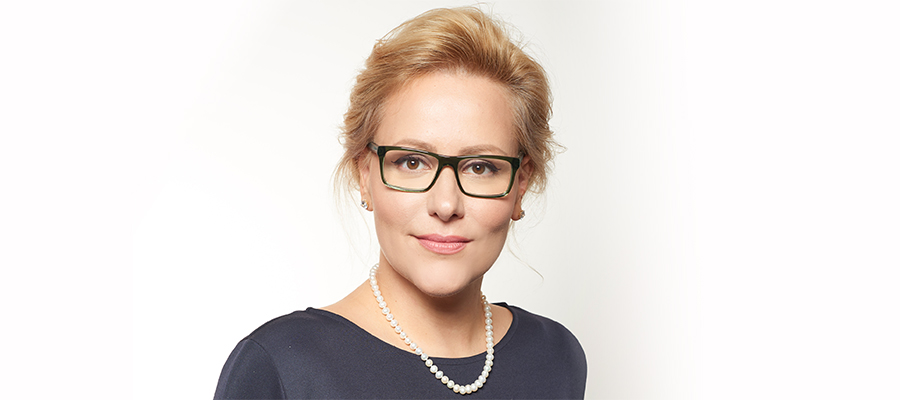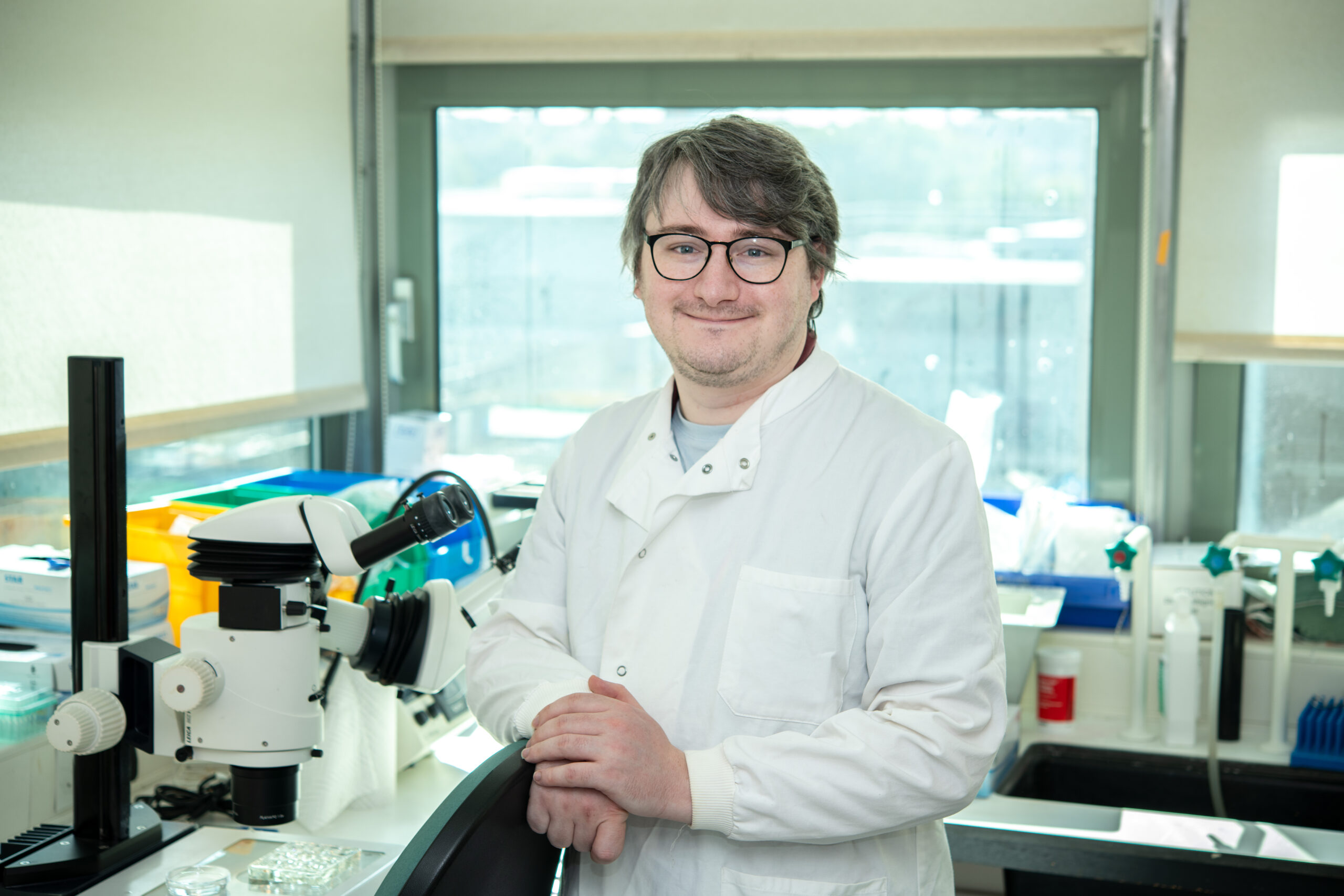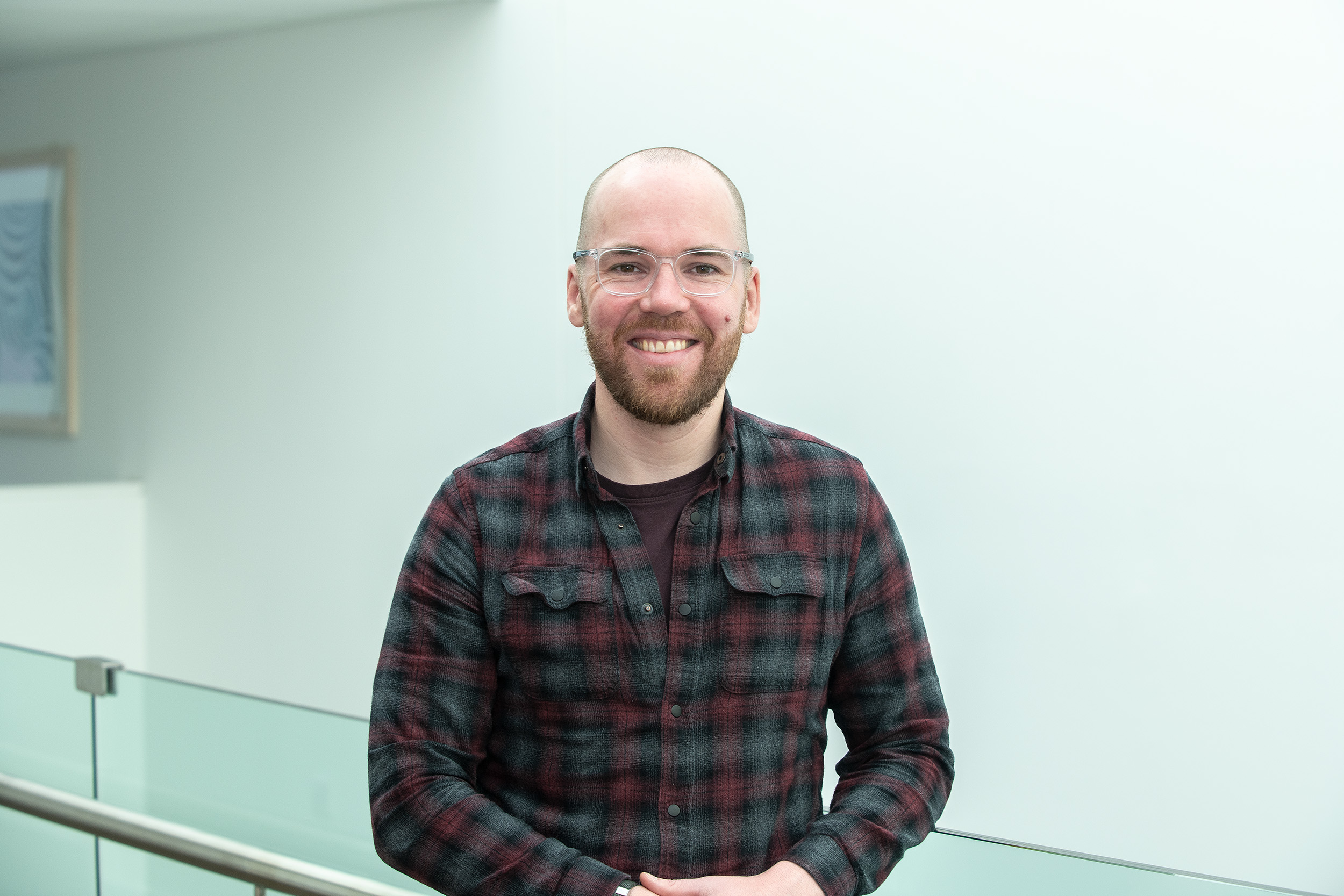Category: Our Scientists
For International Women’s Day, IGC Bioinformatics Analysis Core Manager Dr Jing Su talks about her career and experience as a female leader. I come from China and was born and raised in Beijing, a city rich in history and heritage. Growing up in the capital, I was surrounded by centuries-old landmarks, with the Forbidden City […]
Image: Brothers Benjamin, seven, and Gabriel, three, both have ATR-X syndrome By Rebekah Tillotson, Chancellor’s Fellow at the Institute of Genetics and Cancer With Ben Harris and Jennifer Martinez-Harris, ATRX Research Alliance (a parent-led global group of families committed to accelerating research) ATR-X (Alpha-thalassemia X-linked intellectual disability) syndrome is a rare genetic disorder that affects […]
As a young girl growing up in the Palestinian city of Qalqilya in the West Bank, Roza Masalmeh always remembers wanting to do something related to science. “I loved science,” says Roza, a Postdoctoral Research Fellow at the Institute of Genetics and Cancer. “I wanted to be an inventor or discoverer. I was always doing […]
The Nicola Murray Centre for Ovarian Cancer Research brings together the laboratories of Professor Charlie Gourley (left), Professor Simon Herrington (centre) and Dr Robb Hollis (right) By Robb Hollis There are at least six different ‘types’ of ovarian cancer, each with their own unique behaviour, including differences in responsiveness to treatments. One of these types […]
When I was little, we had a fridge that could be easily opened by my two-year-old self. My mother used to always have an open can of tuna in the fridge to prevent me from roaming around and touching things. I used to think that she took advantage of my aversion for the smell of […]
Dr Waad AlBawardi is a postdoctoral researcher at the Institute of Genetics and Cancer investigating the role of nucleosome positioning in regulating chromatin structure and dynamics. She is mentoring a student at Holyrood RC High School in Edinburgh as part of a scheme run by the national social mobility charity Career Ready, which is supported […]
With applications being sought for the University of Edinburgh’s prestigious ECAT-i programme (Edinburgh Clinical Academic Track – inclusive), we spoke to former and current participants to find out more about how the posts have benefited them. Paul Brennan, Professor of Clinical and Experimental Neurosurgery at the University of Edinburgh and Honorary Consultant Neurosurgeon at NHS […]
Dr Olga Oikonomidou is one of the UK’s leading breast cancer academic oncologists based in the Edinburgh hub of the Cancer Research UK Scotland Centre at the Institute of Genetics and Cancer. As part of Breast Cancer Awareness Month, we talk to Olga about why she chose her career path and what her role involves. […]
During Postdoc Appreciation Week, which recognises the exceptional contribution of research staff to the University, we speak to Lawrence Bates about life as a postdoc in Jenny Nichols’ lab, which studies the early stages of mammalian development, from formation of the blastocyst to implantation, gastrulation and the onset of organogenesis. What was your route to […]
“I can’t imagine what it’s like to have a child and be told they have an incurable brain tumour and there’s nothing that can be done about it.” It’s a stark message but it’s the motivation that led Dr Gerry Brien to work in the field of childhood cancer. He leads the Chromatin Biochemistry and […]



